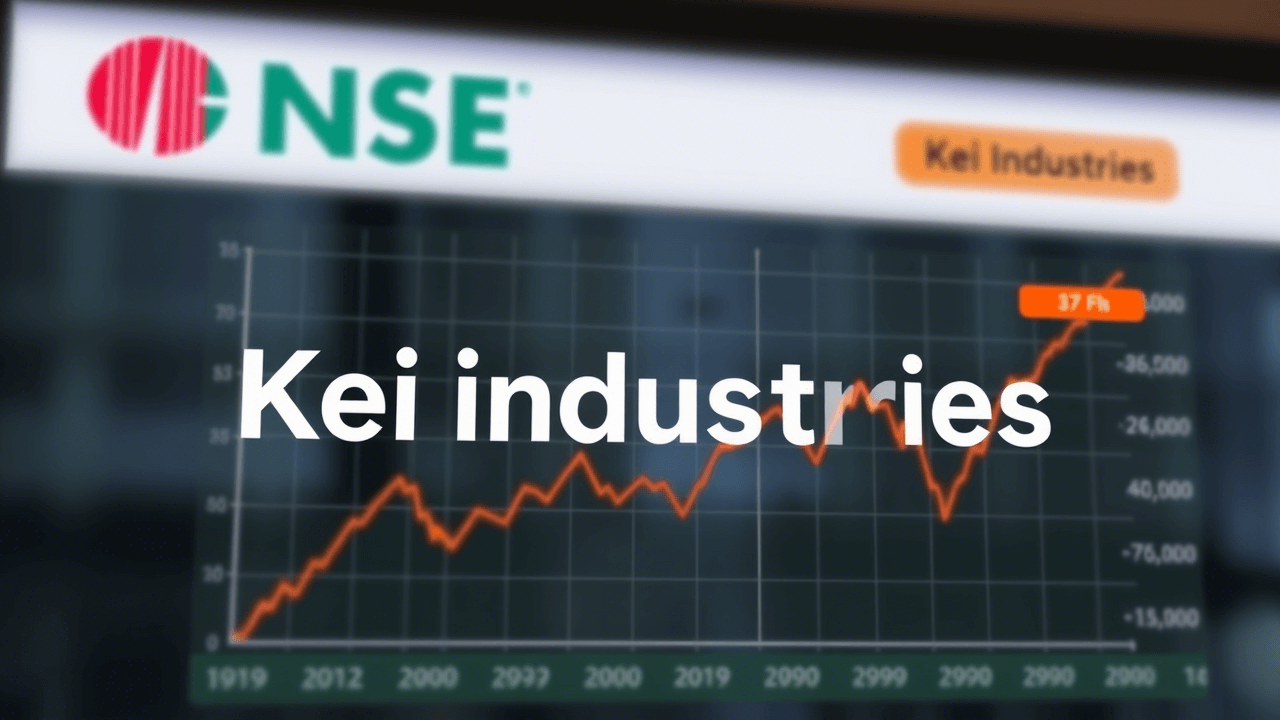
Introduction :
As a prominent multinational automaker, Tata Motors is a part of the Tata Group. Today tata motors chairman is Mr Natarajan Chandrasekaran and others who owns tata motors.
Tata Motors is a well-known Indian automotive manufacturing company that produces a variety of vehicles, including cars, sports vehicle, trucks, buses and defence vehicle.
Tata motors india :
As a part of the Tata Group, who owns Tata Motors Limited is an international automotive manufacturing company based in India. It is one of the largest automotive manufacturers in India and has a significant presence in the global automotive market.
Here are some key points about Tata Motors:
1.Founding and History:
Tata Engineering and Locomotive Co. Ltd., the predecessor to who owns Tata Motors, was founded in 1945 to produce locomotives and other engineering goods.In 1954, the company joined the commercial vehicle market by working with Daimler-Benz AG to produce commercial vehicles.

2.Product Range:
Tata Motors produces a wide range of vehicles, including passenger cars, utility vehicles, buses, trucks, and defense vehicles.
Some popular Tata passenger cars include the Tata Tiago, Tata Tigor, Tata Altroz, and Tata Harrier.
3.Commercial Vehicles:
Tata Motors is a leading player in the Indian commercial vehicle market, manufacturing a variety of trucks, buses, and construction equipment.
The Tata Ace series, a small commercial vehicle, has been particularly successful in the Indian market.
4.Global Presence:
Tata Motors has expanded its presence globally and has operations in several countries, including the United Kingdom, South Korea, Thailand, South Africa, and others.
The acquisition of Jaguar Land Rover in 2008 significantly boosted Tata Motors’ global profile.
5.Innovation and Sustainability:
Tata Motors has been involved in developing electric and alternative fuel vehicles. The Tata Nexon EV is an example of the company’s commitment to electric mobility.
The company has also focused on sustainable and eco-friendly practices in its manufacturing processes.
6.Challenges:
Like many other automotive manufacturers, Tata Motors faces challenges such as market competition, changing consumer preferences, and regulatory changes.
7.Corporate Social Responsibility (CSR):
Tata Motors is actively involved in various CSR initiatives, including education, healthcare, and community development.
8.Financial Performance:
For the latest and most accurate information, I recommend checking Tata Motors’ official website or other reliable sources.
- Market Cap ₹ 2,85,543
- Current Price ₹ 780
- High / Low ₹ 803/ 381
- Stock P/E 17.8
- Book Value ₹ 161
- Dividend Yield 0.26%
- ROCE 5.95%
- ROE 5.62%
- Face Value ₹ 2.00
Profit & Loss :
Figures in Rs. Crores
| Mar 2017 | Mar 2018 | Mar 2019 | Mar 2020 | Mar 2021 | Mar 2022 | Mar 2023 | |
| Sales + | 269,693 | 291,550 | 301,938 | 261,068 | 249,795 | 278,454 | 345,967 |
| Expenses + | 240,104 | 260,093 | 277,274 | 243,081 | 217,507 | 253,734 | 314,151 |
| Operating Profit | 29,589 | 31,458 | 24,664 | 17,987 | 32,287 | 24,720 | 31,816 |
| OPM % | 11% | 11% | 8% | 7% | 13% | 9% | 9% |
| Other Income + | 1,869 | 5,933 | -26,686 | 102 | -11,118 | 2,424 | 6,328 |
| Interest | 4,238 | 4,682 | 5,759 | 7,243 | 8,097 | 9,312 | 10,225 |
| Depreciation | 17,905 | 21,554 | 23,591 | 21,425 | 23,547 | 24,836 | 24,860 |
| Profit before tax | 9,315 | 11,155 | -31,371 | -10,580 | -10,474 | -7,003 | 3,058 |
| Tax % | 35% | 39% | 8% | -4% | -24% | -60% | 23% |
| Net Profit + | 7,557 | 9,091 | -28,724 | -11,975 | -13,395 | -11,309 | 2,690 |
| EPS in Rs | 25.82 | 31.13 | -99.84 | -39.08 | -40.51 | -34.46 | 7.27 |
Balance Sheet:
Figures in Rs. Crores
| Mar 2018 | Mar 2019 | Mar 2020 | Mar 2021 | Mar 2022 | Mar 2023 | Sep 2023 | |
| Equity Capital | 679 | 679 | 720 | 766 | 766 | 766 | 766 |
| Reserves | 94,749 | 59,500 | 61,491 | 54,481 | 43,795 | 44,556 | 52,877 |
| Borrowings + | 88,950 | 106,175 | 124,788 | 142,131 | 146,449 | 134,113 | 127,864 |
| Other Liabilities + | 142,813 | 139,349 | 133,181 | 144,193 | 138,051 | 155,239 | 165,495 |
| Total Liabilities | 327,192 | 305,703 | 320,179 | 341,570 | 329,061 | 334,674 | 347,002 |
| Fixed Assets + | 121,414 | 111,234 | 127,107 | 138,708 | 138,855 | 132,080 | 140,145 |
| CWIP | 40,034 | 31,884 | 35,622 | 20,964 | 10,251 | 14,274 | 9,091 |
| Investments | 20,813 | 15,771 | 16,308 | 24,620 | 29,380 | 26,379 | 25,776 |
| Other Assets + | 144,932 | 146,814 | 141,141 | 157,278 | 150,575 | 161,941 | 171,990 |
| Total Assets | 327,192 | 305,703 | 320,179 | 341,570 | 329,061 | 334,674 | 347,002 |
Shareholding Pattern:
Numbers in percentages
| Mar 2018 | Mar 2019 | Mar 2020 | Mar 2021 | Mar 2022 | Mar 2023 | |
| Promoters + | 36.37% | 38.37% | 42.39% | 46.41% | 46.40% | 46.39% |
| FIIs + | 20.26% | 19.14% | 16.84% | 13.78% | 14.45% | 15.34% |
| DIIs + | 17.50% | 16.10% | 13.42% | 11.91% | 14.38% | 17.69% |
| Government + | 0.16% | 0.17% | 0.16% | 0.15% | 0.14% | 0.14% |
| Public + | 25.71% | 26.22% | 27.19% | 27.75% | 24.62% | 20.41% |
| No. of Shareholders | 7,23,869 | 10,88,172 | 13,54,298 | 20,38,757 | 37,97,100 | 38,14,831 |
Tata Motors Cars
Tata Motors offers a wide range of vehicles tailored to the Indian market and global consumers. Some of their popular models include:
Tata Tiago: A compact hatchback known for its stylish design and features. Ideal for city driving and first-time car buyers.
Tata Tigor: A compact sedan based on the Tiago platform, offering both style and practicality.
Tata Altroz: A premium hatchback that focuses on safety, proudly holding a 5-star Global NCAP safety rating.
Tata Nexon: A subcompact SUV recognized for its build quality and excellent safety credentials.
Tata Harrier: A mid-size SUV with a bold presence and advanced tech features.
Tata Safari: A premium SUV offering three-row seating and comfort, making it perfect for families.
To explore their full vehicle range, visit the official Tata Motors Passenger Vehicles page.
Tata Motors Electric Cars
Tata Motors is also leading India’s transition to green mobility with its expanding range of electric vehicles (EVs):
Tata Nexon EV: One of India’s best-selling electric SUVs.
Tata Tigor EV: A compact electric sedan with an urban-friendly design.
Tata Punch EV (latest): Offers a compact body and eco-friendly tech with advanced safety features.
With new EV models expected in the near future, Tata continues to make strides in the sustainable transportation market.
For updated specs and EV launches, check the official Tata EV portal.
Tata Motors Latest News
Tata Motors recently expanded internationally:
Tata Motors commences sales of its commercial vehicles in Thailand
In April 2023, Tata Motors formed a strategic alliance with Inchcape plc, appointing it as the distributor of Tata commercial vehicles in Thailand.
Inchcape plans to establish 13 customer touchpoints, including service, sales, and spare parts across Thailand.
More updates are available on their official Newsroom.
Tata Motors Share Price (NSE/BSE)
On 21st November 2023, Tata Motors’ share closed at ₹674.05, slightly down by -1.02% from ₹681.
📉 52-Week Low: ₹375.20
📈 52-Week High: ₹687.65
You can track live updates on Tata Motors’ NSE page.






